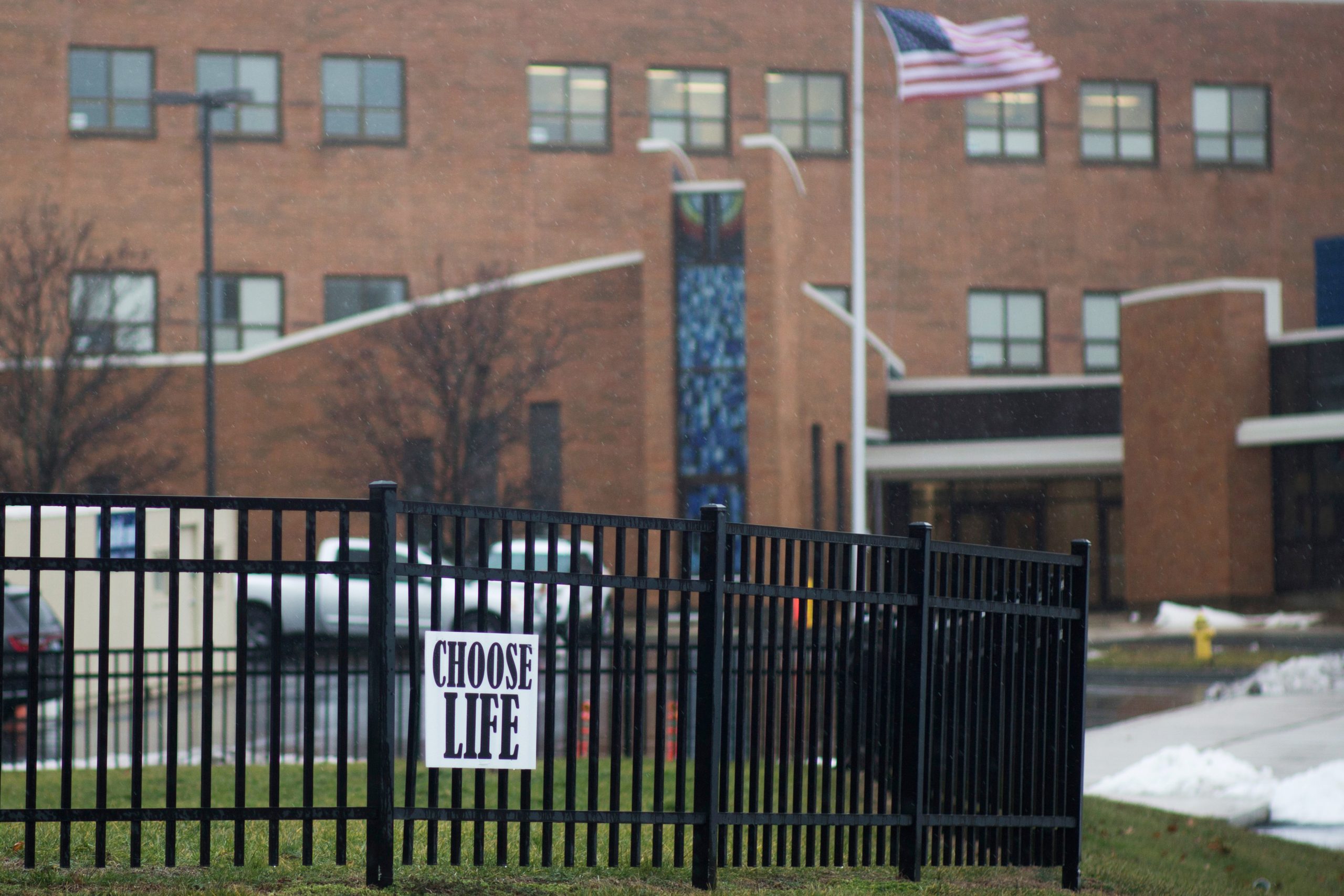
Lauren Moye, FISM News
[elfsight_social_share_buttons id=”1″]
The Texas Heartbeat Act passed one more court challenge yesterday, this time within the state’s Supreme Court. All nine justices ruled unanimously in a decision that favors the law and effectively blocks further challenges to the act at this time.
“We address in this case a certified question from the United States Court of Appeals for the Fifth Circuit, asking whether Texas law authorizes certain state officials to directly or indirectly enforce the state’s new abortion-restriction requirements,” Justice Jeffrey Boyd delivered the state’s high court opinion on March 11. “We conclude it does not.”
While even Jackson Women’s Health as the plaintiffs in the case noted that S.B. 8 is written to exclude public officials from enforcing the law, they attempted to argue that certain state officials can indirectly enforce S.B. 8 by revoking the licenses of a physician “who violates any state or federal law in connection with the practice of medicine.”
With this argument rejected by the state’s supreme court, pro-abortion groups have now effectively exhausted their routes to legally challenge the Heartbeat Bill. Back in December, the federal Supreme Court ruled that the law could proceed against only certain defendants named in the case. Now, the Texas justices have ruled that not even those officials can be sued, meaning there are no more specific defendants that can be used to tie up the law in court.
According to one pro-life organization in Texas, this was an intentional design of how the law was written.
“We looked at other states that were passing heartbeat policies, and we knew that the abortion industry’s typical playbook is to sue the government, which is going to be the actor enforcing a typical law,” Kimberlyn Schwarts, the communications director for Texas Right to Life said to a local news agency. “That ties up a policy in court for years and years and years. For states, even if they passed their heartbeat policies before us, they still haven’t been in effect.”
The Texas Heartbeat Bill is unique in that it allows private citizens to enforce the law by suing anybody who breaks the law by performing or assisting with an abortion after fetal cardiac activity can be detected. This cardiac activity can usually be detected around the sixth gestational week. Citizens can be awarded up to $10,000 for a successful lawsuit.
Other states have been working with Texas Right to Life to pass similar legislation, according to Schwarts. For example, Oklahoma’s senators passed a civilian-enforced heartbeat bill last week.
“It is my sincere hope federal legal precedents allowing abortion are overturned, restoring Oklahoma’s ability to prohibit abortion once again,” Senate President Pro Tempore Greg Treat, a Republican, stated. His words reveal the profound effect the Texas Heartbeat Bill has had to restore hope to other states’ pro-life legislators in their efforts to defend the unborn.
In Missouri on Thursday, State Representative Mary Elizabeth Coleman introduced the Empower Women, Promote Life Act. This bill also falls under the heartbeat category of pro-life legislation and copies the civilian enforcement from Texas. However, it takes it one step further by allowing action to be taken by out-of-state providers as well.
“If your neighboring state doesn’t have pro-life protections, it minimizes the ability to protect the unborn in your state,” Coleman explained to the Washington Post.
If the law passes in Missouri, it might effectively starve the last remaining abortion provider out of business. The current state law allows for abortions up to 22 weeks. Another pro-life bill passed that would have prohibited abortions after 8 weeks, but an injunction was placed against it while it got held up in litigation.
Idaho advanced similar legislation to the Texas Heartbeat Act through their Senate last week, although potential plaintiffs in this law would be limited to relatives of the deceased baby. Also notable in the pro-life legislation are two potential Kentucky laws that would place additional requirements on abortion providers: a new State Board of Pharmacy certification for who can dispense abortion pills and a requirement that the remains of aborted babies are cremated or interred.
